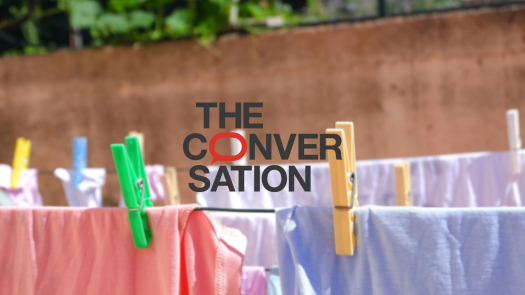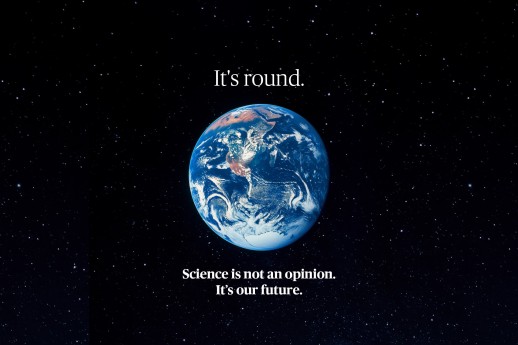Pollution & Health
Post-Doctoral Fellowships
United Kingdom
The Unnatural ‘Natural’: Assessing the Transport and Chemical Pollution Risk of Natural Textile Fibres
These chemical interactions have yet to be quantified, resulting in significant environmental, industrial, health, and societal knowledge gaps. Dr. Thomas Stanton at Loughborough University will conduct the first assessments of harmful chemical leaching associated with natural textile fiber production and the fibers’ interaction with common chemical pollutants in the environment, such as heavy metals, pharmaceuticals, and persistent organic pollutants. He will also assess the relative shedding of fibers from garments of different fiber types and construction and evaluate their movement through freshwater environments, focusing on rivers.
Dr. Stanton will use cutting-edge facilities at Loughborough University and the University of York on laboratory and environmental scales. He will address the relative mobility and chemical impacts of natural fibers compared to the microplastic fibers that have been the focus of fashion's environmental impacts in recent years. The research will provide an evidence base on which the textile industry, legislators, and individuals can make informed decisions to reduce the environmental impact of textile production and consumption.
By not adopting a plastic-centric perspective, this consideration of natural and microplastic fibers will be of considerable value to the textile industry, its legislators, and the public, enabling informed consideration of best practices and consumer behavior. Beyond textile fibers, this research will foster a cross-sector discussion on waste production and disposal for other everyday plastic products and their non-plastic alternatives.
May 2022
Expected start date: Summer 2022
Watch Dr. Thomas Stanton pitch his project in 3 minutes
Learn More About the AXA Fellowships in Harmful Substances
Doing Laundry by Hand Sheds Just as Many Microfibres as Machine Washing – New Research
In this The Conversation article, Dr. Thomas Stanton, AXA post doc fellow at Loughborough University challenges the hand washing of laundry with regards to microfibre pollution impact.
Read the article
Thomas
STANTON
Institution
Loughborough University
Country
United Kingdom
Nationality
British
Related articles
Pollution & Health
Prevention & Personalised Health
Post-Doctoral Fellowship
Australia
Understanding Human Exposure to Contaminants of Emerging Concern Through New Biomarkers
Human biomonitoring (HBM) allows the assessment of human exposure to chemicals, by measuring chemicals and their concentration in human tissues... Read more

Chang
HE
The University of Queensland
Pollution & Health
Food & Nutrition
Post-Doctoral Fellowship
France
Investigating the Impact of Glyphosate on Health: The Role of Gut Microbiota
Dr. Lauris Evariste aims to investigate the impact of chronic glyphosate exposure on the mouse and human gut microbiota and... Read more

Lauris
EVARISTE
Institut National de Recherche pour l'Agriculture, l'Alimentation et l'Environnement
Pollution & Health
Post-Doctoral Fellowship
Luxembourg
Using New Data Sources to Better Manage Substances of Concern (Soc)
In order to put together an accurate risk management process and drive the appropriate regulatory policies, it is necessary to... Read more

Oona
FREUDENTHAL



